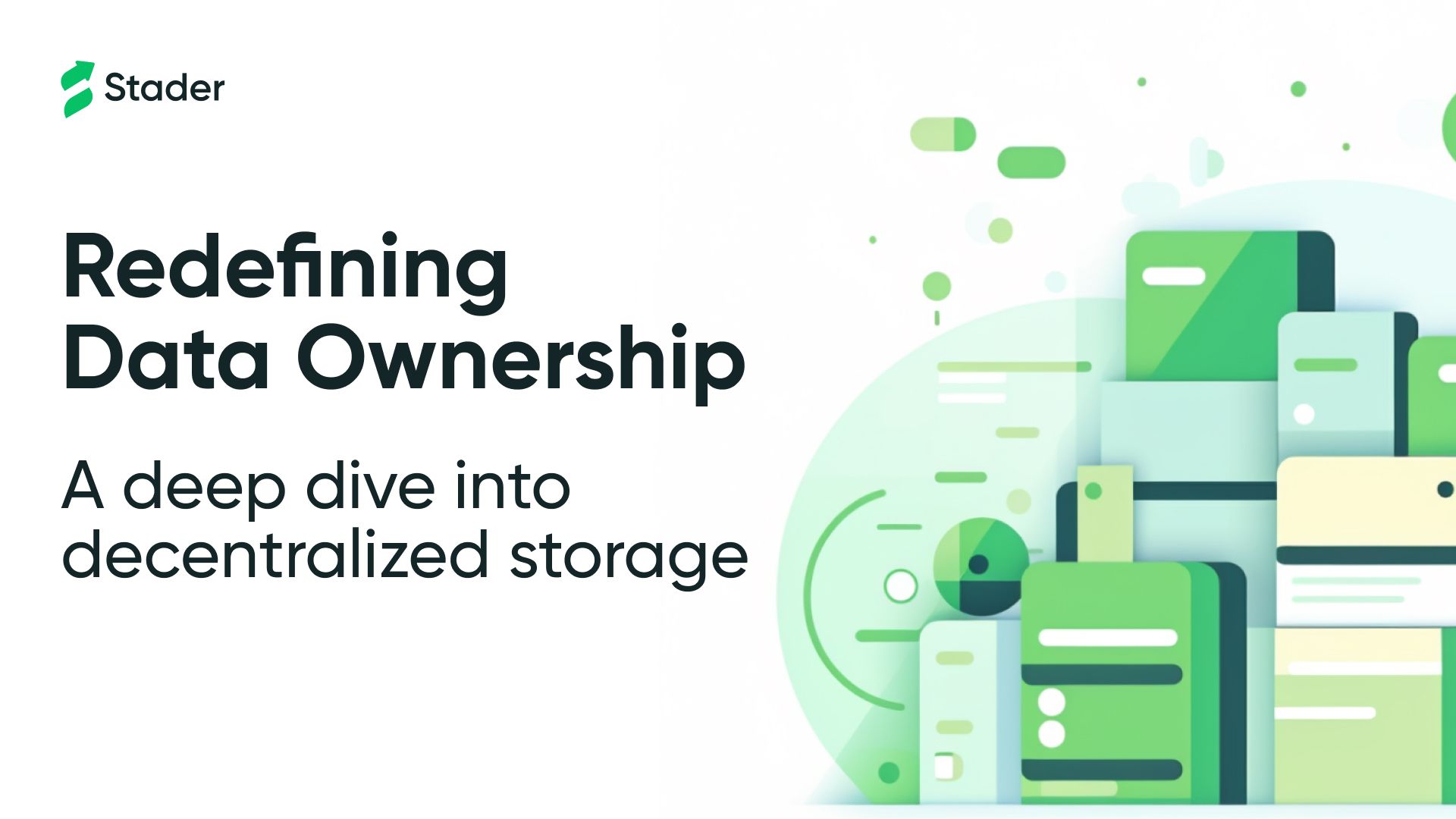Redefining Data Ownership: A Deep Dive into Decentralized Storage

TL;DR
Picture traditional centralized storage as a castle: one big structure guarding all your data, but prone to sieges and break-ins.
Now, meet decentralized storage – a merry band of storage hobbits, each safely keeping a piece of your data in their own little hobbit hole. Spread across the Shire (aka the blockchain), these hobbits make it harder for digital dragons to target your treasures.
So, welcome to the brave new world of Web3, where decentralized storage safeguards our precious digital identities against dastardly cyberattacks.
Once Upon a Time in Centralization Land
In the realm of centralized storage, data dwell in the castle-like server fortresses of Amazon, Google, or Dropbox.
These castles are easy to access, but alas, they come with a tradeoff: vulnerability to digital dragons who would love to snatch your data.
The castle guards try their best, but a single breach in the fortress walls could mean disaster.
Enter Decentralized Storage and the Fellowship of Nodes
Decentralized storage is like a band of brave hobbits, each safeguarding a piece of your precious data in their own cozy home.
They form a fellowship of nodes spread throughout the Shire, working together to create a more secure, private, and robust storage system.
When you need your data, these hobbits join forces, assemble the pieces, and present you with the whole picture.
Of Blockchain and Cryptographic Magic
The hobbits of decentralized storage use a magical elixir called the blockchain, making data retrieval faster, cheaper, and more secure.
This powerful potion works by spreading data across the network, eliminating single points of failure and potential bottlenecks.
And fear not, for the hobbits use cryptographic magic to ensure only you, the rightful owner, can access your data.
The Pros and Cons of Our Tale
Decentralized storage comes with many benefits, like extra security layers, no single point of failure, and faster download speeds.
And though it may be cheaper, there are still some challenges to overcome.
Decentralized storage can sometimes be slower than centralized systems, and it's not invincible – malicious nodes could still pose a threat.
Plus, a lack of standardization among different protocols means that some hobbits might not play nicely together.
Epilogue: A New Age Dawns
Decentralized storage is still a young adventurer, but it has the potential to reshape the way we store and manage data in our increasingly digital lives.
As traditional storage methods face mounting challenges, our brave little hobbits may soon find themselves in the spotlight.
But for now, the battle between centralized and decentralized storage continues, and only time will reveal the ultimate victor.